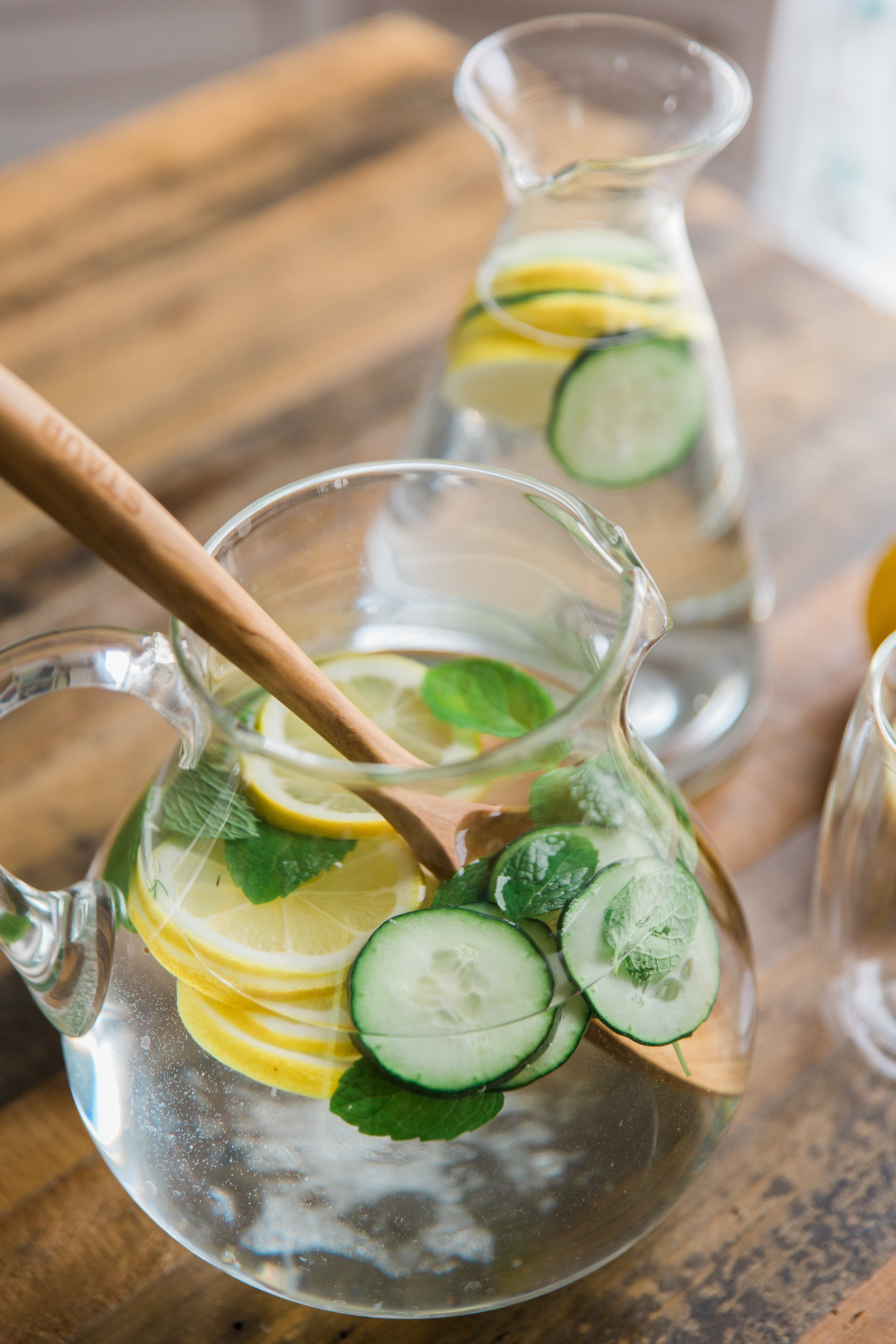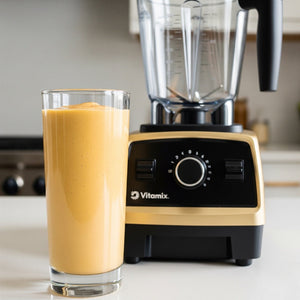
This page contains affiliate links and are asterisked as they appear.
Cold and flu season is right around the corner and as a special twist this year, we have COVID making things more complicated. Unfortunately, there is no guaranteed way to avoid all illness but there are some things you can do to support your immune system.
No matter what time of year it is, there are some gold standard methods for protecting yourself against infection. Right now, it’s especially important to wear masks in public settings to protect yourself and others from spreading the coronavirus. Some other ways you can boost your immune system include regularly washing your hands and getting enough sleep. There are several nutrients you can include in your diet to support your immune system as well. Here are a few examples:
-
Vitamin C and zinc are well known for their role in strengthening your immune system. One of my favorite ways to incorporate them into my routine is with *Vital Proteins Vitality Immune Booster sticks. They’re easy to grab and go or toss in your bag so you never have to go without.
-
As mentioned, adequate sleep is important for supporting a healthy immune system. Adding a magnesium supplement, like this one from *MBG, can promote relaxation and improve sleep quality. As a bonus, there is also evidence that magnesium is an important element in the immune response.
-
A healthy microbiome is necessary to maintain gut integrity and prevent bacteria and toxins from making their way into your bloodstream. With the Fab 4, you’ll be getting fiber and prebiotics to feed your gut bacteria, and taking a good probiotic daily is also a great idea. My favorites are from *Seed and *Just Thrive.
While all of these nutrients, including the Fab 4, are important, I want to focus on water today.
You’ve probably heard that 60-70% of our bodies are made up of water and all that water serves important functions - it accounts for blood volume necessary for supplying nutrients to organs and cells throughout your body, aids the natural detoxification systems necessary to flush out toxins as well as bacteria, assists in digestion and absorption of nutrients, and keeps tissues moistened. All of these impact the immune system, making hydration especially important.
It’s common to associate dehydration with the hottest times of the years, but it’s a concern in colder months as well. This is because there are a number of factors that contribute to you drinking less and expending more water. Some of those factors include:
-
As the temperature cools, your body shifts fluids from your arms and legs to your core. This shift protects your internal organs but also increases your urine output.
-
You’re likely to feel less thirsty in cooler months. Thirst is a normal sign of early dehydration and without it, you’re likely to become more dehydrated without realizing it.
-
You lose more fluid in your breath in colder weather
-
Warmer clothing is needed to keep you warm, but often doesn’t allow for easy evaporation and cooling if you get overheated
With all that in mind, it’s a good idea to make a plan to drink enough each day, even if you’re not feeling as thirsty as normal. There are several things you can stock your pantry with so you always have hydrating options on hand. You can also set reminders on your phone or make a visible reminder to fill up a glass throughout the day.
Here are a few ways I make sure I’m staying hydrated:
-
It’s recommended that we get 11-15 cups of fluid per day. If you have a 32 oz water bottle, that means you need to fill it up 3-4 times a day to meet your fluid needs. I like to keep my *Yeti full and with me all day long!
-
Electrolytes are nutrients that are lost naturally throughout the day in sweat and other body fluids, and we lose them at a higher rate during things like exercise and illness. *LMNT is my go-to for replacing important electrolytes because they provide higher amounts of those nutrients than your typical sports drink and contain no sugar.
-
Some people don’t like the taste of plain water or just like to mix it up once in a while. Fluid from other drinks count as well, but high amounts of caffeine can be dehydrating. If you want to include some Fab 4 friendly drinks, try *Sound Tea, *Pique Tea, or *Four Sigmatic. Even the liquid in your #fab4smoothie counts!
-
Along with healthy fats and naturally occurring collagen that help you feel satiated, bone broth is an excellent source of fluid and electrolytes to support your hydration. It also contributes immune boosting nutrients like zinc and selenium. My favorites are from *Osso Good, *Belcampo, and *Kettle & Fire.
-
Foods with high water content (aka fruits and veggies) also count towards your fluid needs! This is one of the reasons why I emphasize leafy greens and colorful vegetables as part of the Fab 4. They provide phytonutrients, fiber, and water! Frozen veggies are a great option to include as you stock your freezer - they’re typically flash frozen at peak ripeness, making them as nutritious as they are convenient. Toss fresh or frozen veggies in your smoothie, add them to your plate - they’re such an important part of your immune health!
Staying hydrated is an important part of your immune health, but it’s one piece of the puzzle. While you’re focusing on drinking enough water, take a look at other areas of your life to see if there are other ways you can support your immune system. If you need some recipe inspo or are looking to makeover your medicine cabinet, I’ve got plenty of ideas for you here, on the blog!





